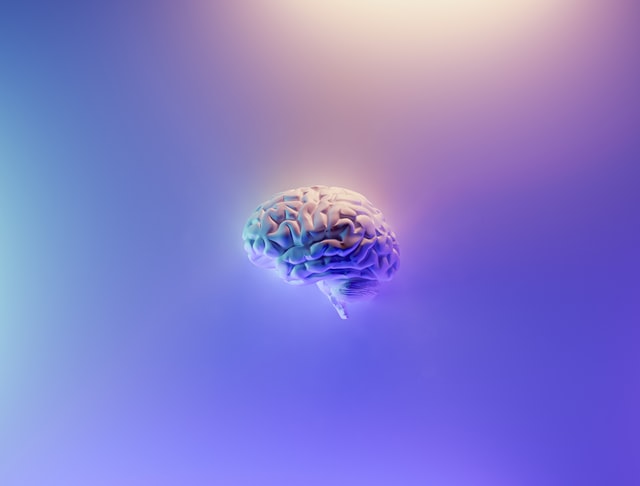
A pediatric concussion, also known as pediatric mild traumatic brain injury (mTBI), is a head trauma that impacts the brain capacity. The concussion can affect the patient on multiple factors such as functional, emotional, cognitive and physical, that occurs in infant, adolescent and child patients. Symptoms following after the concussion include confusion, disorientation, lightheadedness, nausea, vomiting, blurred vision, loss of consciousness (LOC) and environment sensitivity, but these clinical manifestations may vary on the type, severity and location of the trauma. These indications potentially appear immediately, while others may arise multiple days following the injury leading to a concussion and can be diagnosed through various methods by health professionals to estimate the recovery. The majority of pediatric patients recover from the symptoms within one to three months subsequently following the injury but few patients risk delayed recovery or symptoms that persist.
Common causes of a pediatric concussion result from falls, motor vehicle accidents, sports-related injuries, and blunt force trauma. Approximately 48% of concussions consequently originate from falls in pediatric patients. Within the United States, concussions resulting from sports-related injuries indicate that 3.8 million patients sustain this trauma each year.
Concussions is a common head trauma with an estimated amount of 16% of children over the age of 10 already experienced at least one head injury requiring immediate medical attention. Prevention for concussions involves reducing common risks in the youth; wearing a helmet to avoid sports-related head trauma. Treatment includes physical rest for adolescents experiencing a concussion continuously for 24 to 48 hours under supervision while progressive return to activities.
Patients experiencing acute concussions may develop persistent symptoms, or post-concussion syndrome, last generally longer than 3 months; this prevalence range from 10 to 30%. In higher levels of PCS following a concussion, as a result of LOC or motor-vehicle related injuries, pediatric patients symptoms include depressive mood, sleep disturbance, light sensitivity, forgetfulness and dizziness. Multiple occurrences of concussions in pediatric patients increase the risk of long-term consequences that affect basic activities of daily living and memory.
